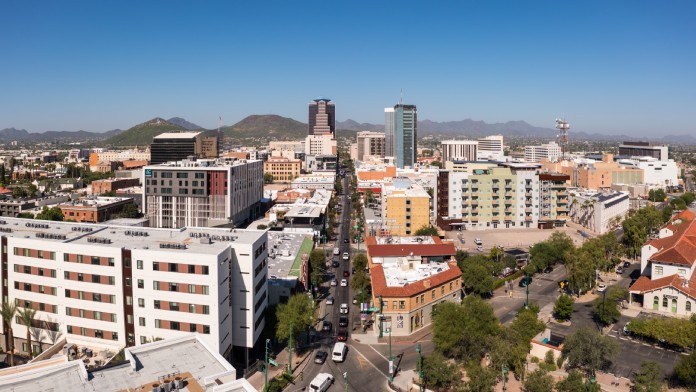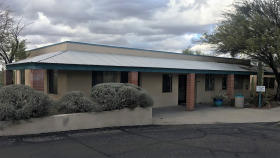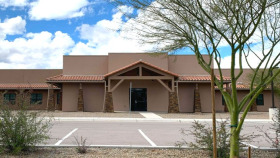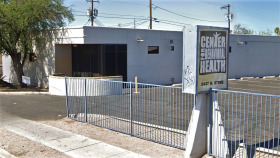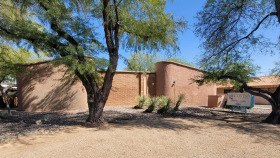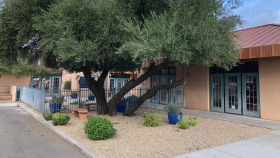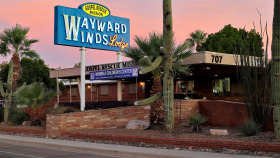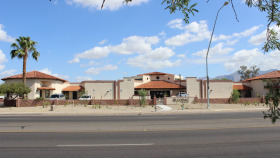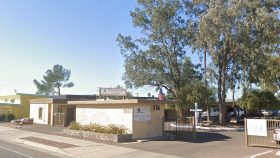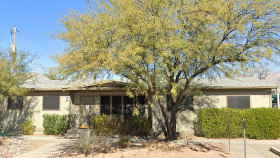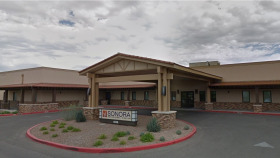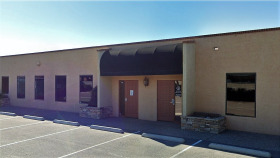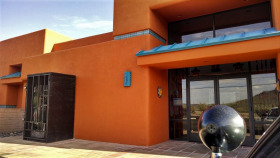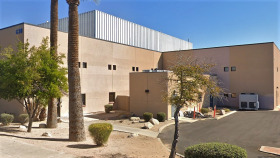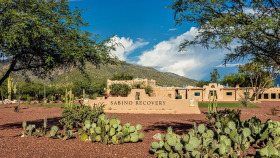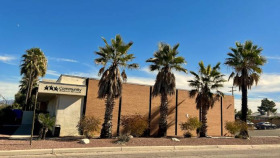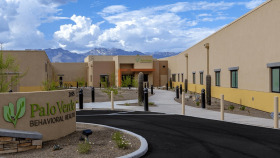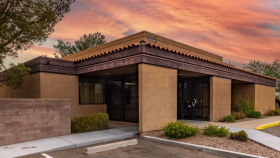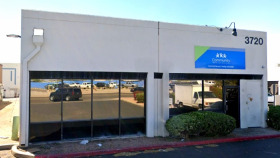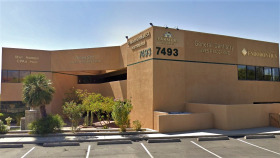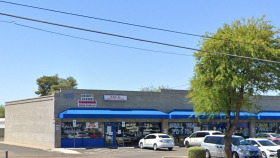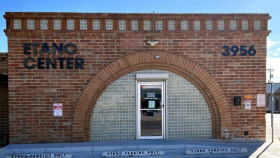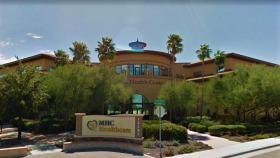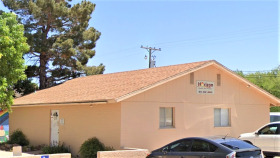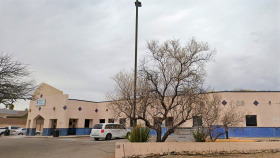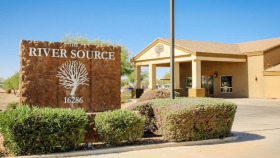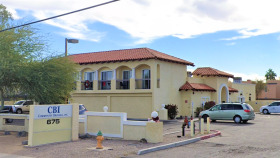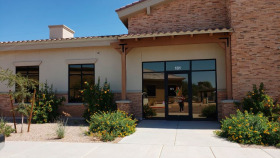Expert Insights
Tucson’s Pima County Health Department recently confirmed the city could be on pace to set another record for opioid overdose deaths. And much like many other cities around the nation, fentanyl is the driver of those overdose fatalities. Many other drugs that used to claim thousands of lives in the area – drugs like methamphetamine, cocaine and heroin – are still an issue, but fentanyl is by far the most widely abused. Why is that? Well, fentanyl is cheap…and the price just keeps going down. The more the price falls, the more widely available this deadly drug becomes.
~ Olivia Pennelle
How to Pay for Addiction Treatment in Tucson
In Tucson, 16 state-funded programs and groups receive the Substance Abuse and Mental Health Administration (SAMHSA) block grant to provide services to those without the funds to finance treatment. You can find resources and referrals by reaching out to your local social services programs or the rehab facilities directly.
If you have no access to private or publicly funded health insurance, there are still other options to consider. For example, friends and family may be able to help you come up with funds. You can also try crowdsourcing or fundraising online.
There are still several other ways to make rehab more affordable and ease the financial burden of treatment, including:
Choose a Program that Offers Payment Plans: A rehab payment plan splits up the cost of treatment into manageable portions you can pay after treatment, usually on a weekly, bi-weekly, or monthly basis. These plans include a repayment contract with any applicable interest rate. Ask your chosen rehab if this is an option to help pay for rehab in Tucson.
Apply for a Rehab Scholarship: A scholarship may be available as the rehab’s financial assistance to pay for part or all of your care. This option is generally reserved for people who need addiction support and who have no access to self-pay funding or state or private insurance. Call your desired rehab to ask if it offers rehab scholarships.
Find a Sliding-Scale Rehab Program: Sliding-scale programs calculate the fee for service based on your income. Program requirements may vary, but these calculations are typically based on federal poverty guidelines.
Resources
- Substance Abuse and Mental Health Services. (2022). Treatment Locator Map.
- Pima County Health Department. (2021). 2021 Pima County Community Health Needs Assessment Fact Sheet.
- National Institute on Drug Abuse. (2022). How long does drug addiction treatment usually last?
- U.S. Department of Veterans Affairs. (2022). Treatment of Co-Occurring PTSD and Substance Use Disorder in VA.
- Tucson Conventions and Visitors Bureau. (2022). Research and Data.
- National Alliance on Mental Illness. (2022). Involuntary Treatment Process.

